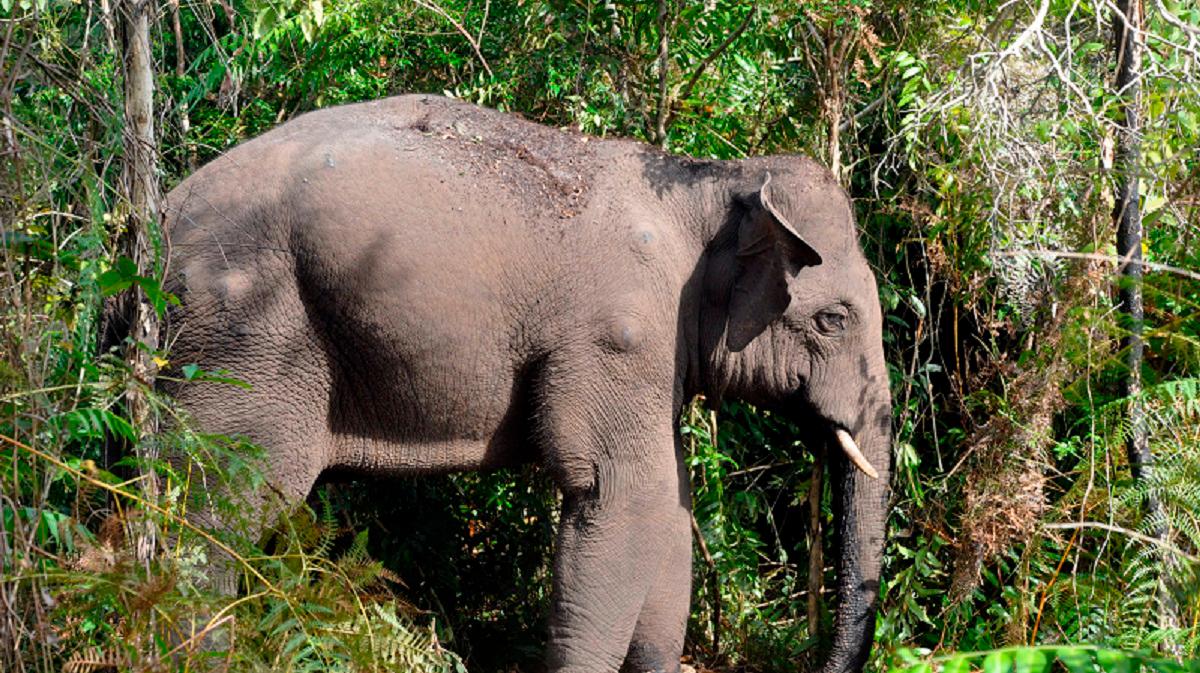PETALING JAYA: The federal government has been urged to immediately halt road projects that threaten Malaysia’s increasingly fragile wildlife populations and forest ecosystems.
Environmental watchdog RimbaWatch has called for a stop to ongoing and proposed developments that cut through sensitive habitats, warning that they accelerate biodiversity loss.
The call follows Sunday’s tragic roadkill involving an elephant calf fatally struck by a lorry on the East-West Highway. Heart-wrenching footage showed an adult elephant, believed to be the calf’s mother, standing guard over the body until she was sedated and relocated.
RimbaWatch has tracked multiple road projects since 2020 that threaten ecologically sensitive areas.
“In 2022, two environmental impact assessments were approved for a 52km road from Pasir Raja, Terengganu to the Pahang border.
“The road will cut through the Al-Sultan Abdullah Royal Tiger Reserve, a key habitat for endangered species such as the Malayan tiger, clouded leopard, marbled cat, Asian elephant and Malayan tapir.
“A similar concern was raised over a 2023 project to build a 15km road from Kampung Gagu to Ulu Beranang in Negeri Sembilan, which will cut through the Titiwangsa Range and the Gapau and Lenggeng Permanent Forest Reserves,” it said in a statement, warning that such projects threaten wildlife corridors, increase roadkill risks and cause long-term habitat damage.
The group also highlighted that human-animal conflicts have already materialised from the expansion of roads into these two areas.
In 2022, a tiger was spotted on a newly built road near Kg Mat Daling 3. In April 2025, a black panther mauled a lorry driver who had briefly stopped his vehicle by the roadside in Bukit Tangga, on an existing road which also dissects the Gapau and Lenggeng Forest Reserves.
RimbaWatch said building highways through sensitive protected areas will inevitably lead to deforestation, disrupt wildlife movement and put endangered species at risk of roadkill, human-wildlife conflict and poaching.
It also urged authorities to prioritise sustainable transport by improving public transit connectivity outside major cities, including reviving historical rail lines and utilising existing infrastructure corridors for new networks.
“We also question the effectiveness of constructing new highways through mountain ranges as a means to address connectivity issues. For example, the Kampung Gagu-Ulu Beranang road is parallel to an already existing road.
“Instead, in the past, smaller towns such as Kuala Sepetang, Port Dickson and Kuala Pilah were connected via rail, and this can provide an effective template to promote greater connectivity through establishing a safe, fast and affordable rail network outside cities.”
Meanwhile, Natural Resources and Environmental Sustainability Minister Nik Nazmi Nik Ahmad advocates creating ecological corridors to connect wildlife habitats, especially for elephants, including in plantations and forest areas.
He also proposed building an elephant sanctuary covering at least 10,000ha and installing street lights at key elephant crossing points, highlighting the ongoing struggle between development and nature.
A 2016 study showed that elephant habitats have shrunk by 68% due to land use for agriculture, plantations and infrastructure.
From 2020 to 2024, the Wildlife and National Parks Department received 4,919 complaints of human-elephant conflict, with estimated property losses of RM39.4 million. In the last five years, eight elephants were killed in road crashes in Peninsular Malaysia, three of them this year.









